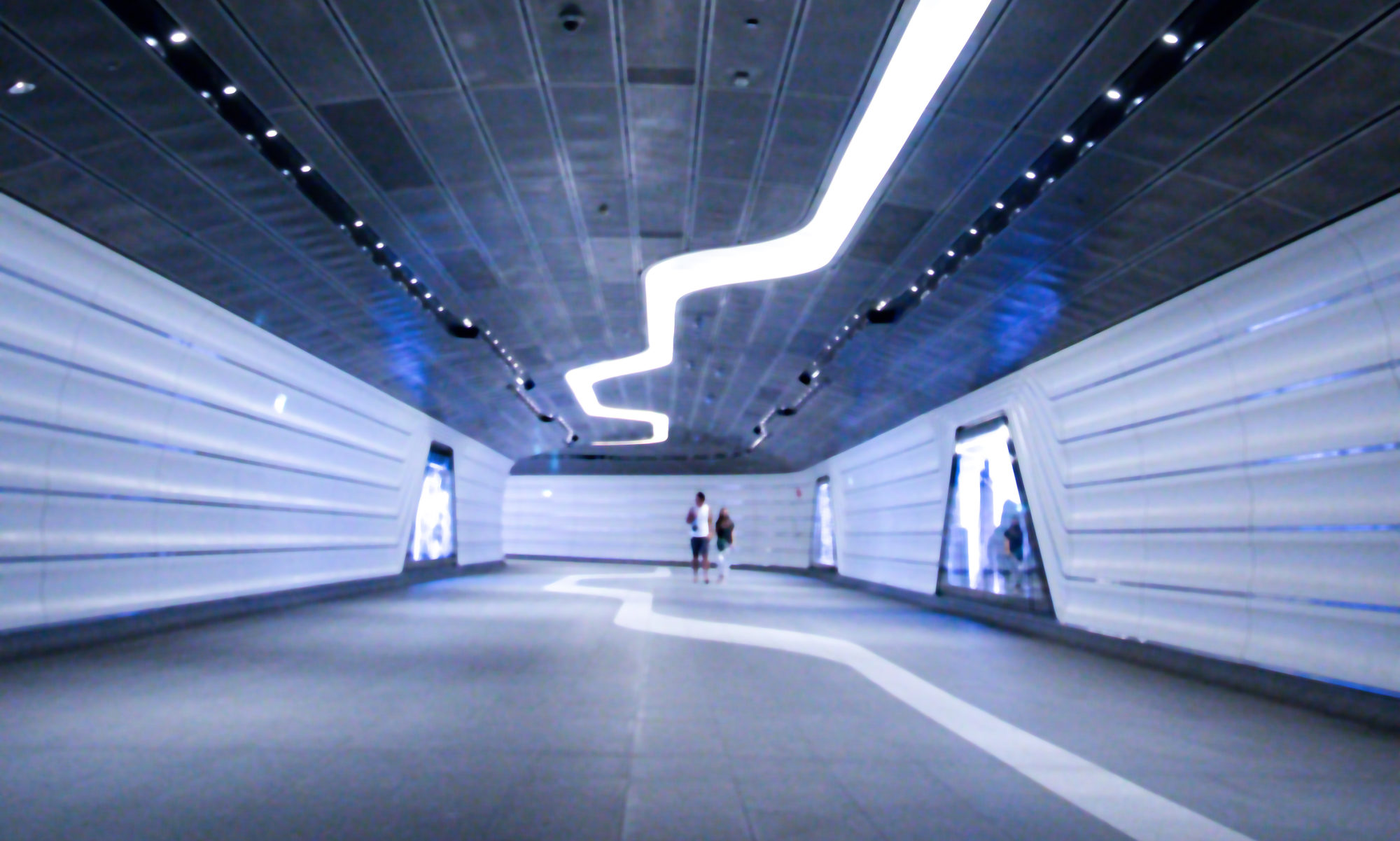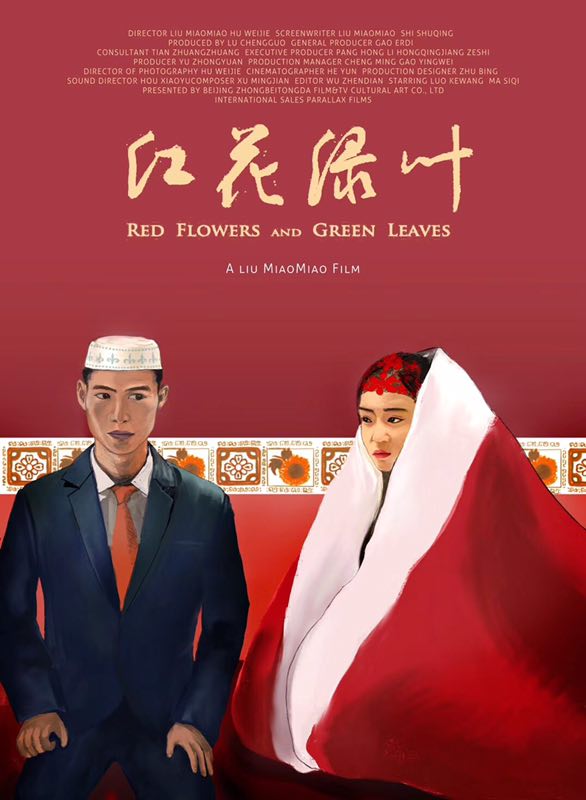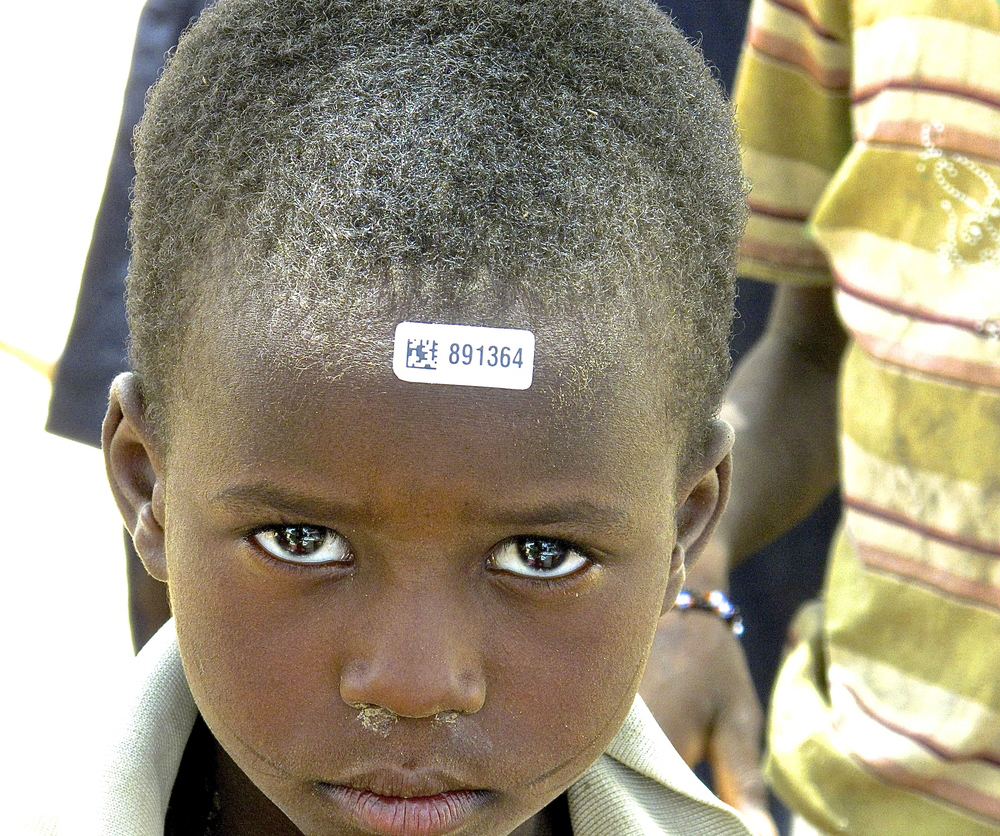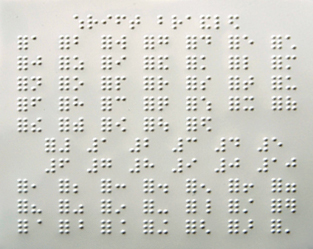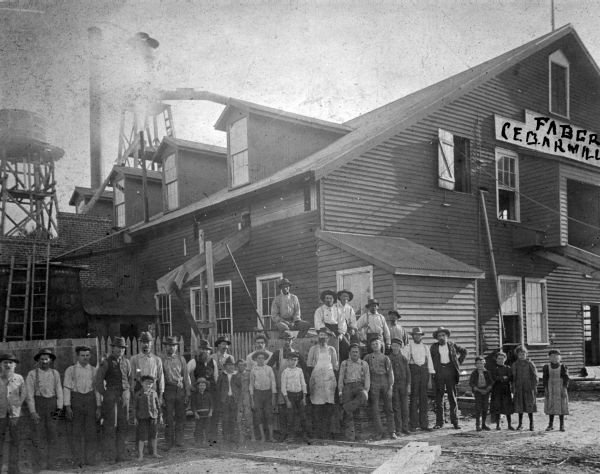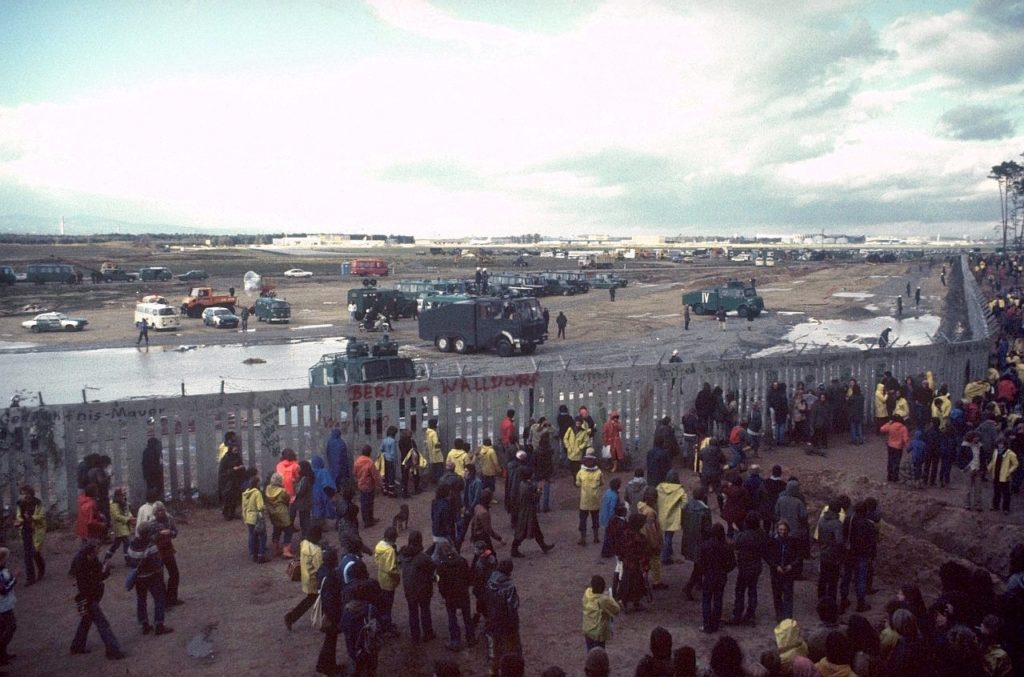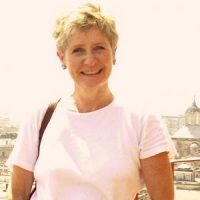Wednesday, April 3rd, 2019, 5:15-7:45pm, at the PICT Theater of Research Education and Visualization Environment at the Digital Worlds Institute (624 SW 12th Street, Norman Gym Building, 2nd FL)
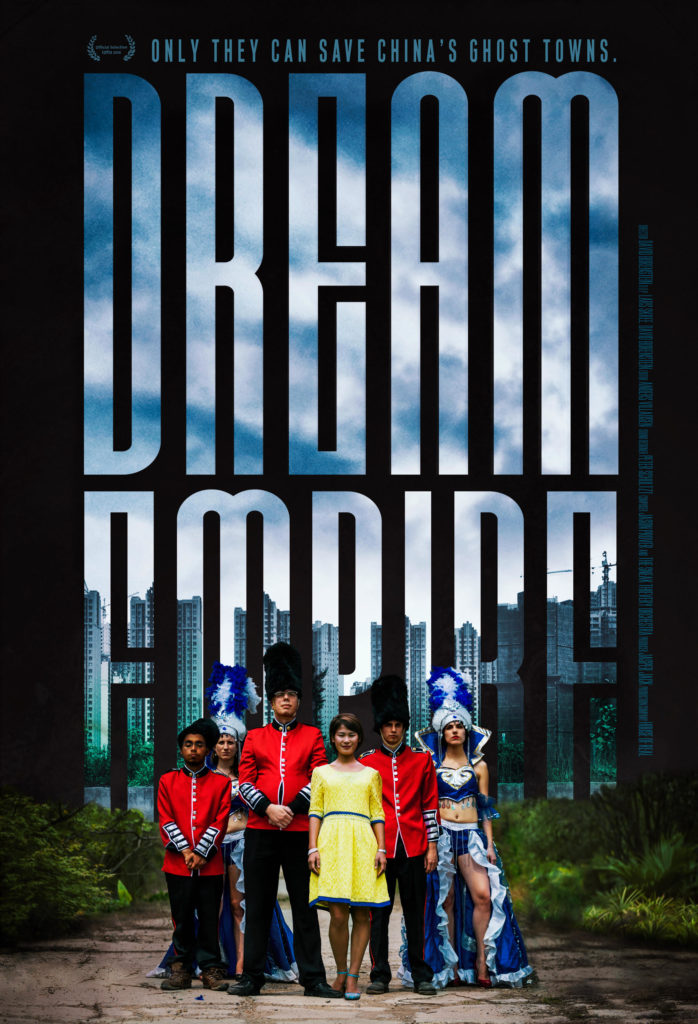
Yana’s company uses actors to turn remote Chinese ghost towns into temporary “international booming cities,” tricking visitors into buying overpriced property. But when the real estate market starts to collapse, she faces financial ruin. A boom to bust tale set in China’s building boom.
In 2017 Dream Empire has been Europe’s most widely screened documentary set in China. The film has been supported with funding from the Danish Film Institute, Sundance Foundation, and many broadcasters. Dream Empire has found wide audiences via film festivals and distribution through dozens of global TV stations. It’s festival premiere was at IDFA in Amsterdam, the world’s largest and most prestigious documentary film festival. It would do on to receive multiple awards and nominations, including the prestigious Golden Alexander award at the Thessaloniki International Film Festival, one of Europe’s largest documentary festivals. The film is set to be released in mainland China in late 2017/early 2018 under the title 梦想帝国, where the film has provoked significant online discussion.
http://www.dreamempirefilm.com/
David Borenstein is an independent documentary director. His feature-length documentary DREAM EMPIRE premiered at IDFA 2016 and won the main competition at the Thessaloniki Documentary Festival. In his career in film and TV he has worked with Al Jazeera English, WDR ARTE, DR2, Sichuan Television, CCTV, NYTimes, and other TV stations. He also programs documentary for the Miami Film Festival. David has PhD training in anthropology and speaks Chinese. He lives between Copenhagen and Gainesville, FL.
The lecture is free and open to the public. Questions about the event can be directed to Dr. Xiao, yx241@ufl.edu.
Sponsored by the Center for the Humanities and the Public Sphere, and the Intersections Group on Imagineering and the Technosphere, and Department of Languages, Literatures, and Cultures at the University of Florida.
